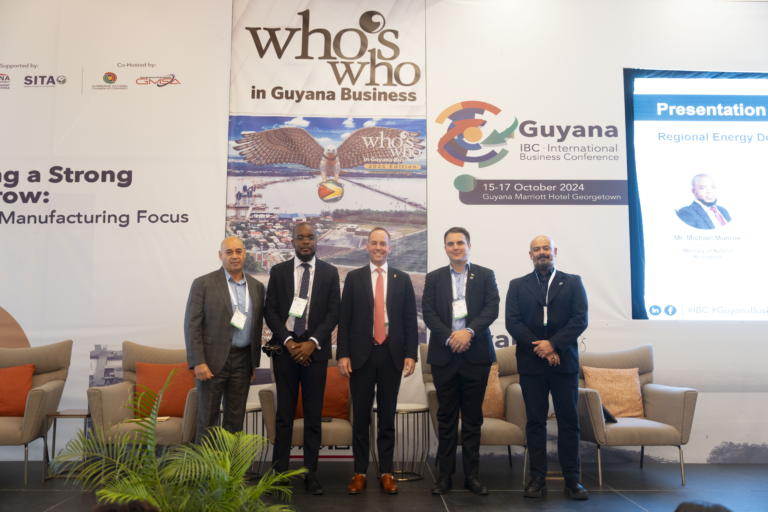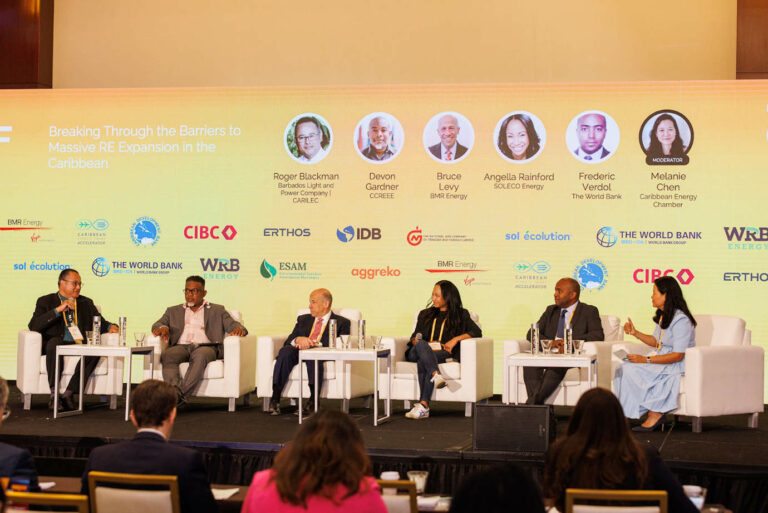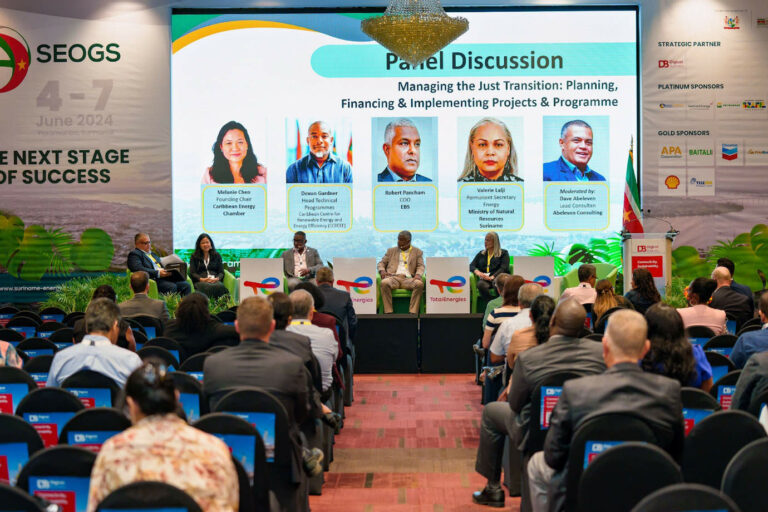Key Priorities Identified for CEC
Technical Capacity
In the technical capacity workstream, two key areas that CEC is initially focusing on are: i) utilising better existing regional technical resources and therefore an online job placement mechanism was developed and ii) education for the wider public, vocational and tertiary.
Job Placement Facility
CEC then launched our new online Job Placement Facility in early summer. The facility will allow Caribbean government and related state agencies to access a wider pool of qualified candidates from the Caribbean. CEC provides an online mechanism allowing for more efficient interactions between employers and professionals in the region. CEC has successfully piloted this with two entities in Suriname.
Read more about this facility here which was highlighted in a recent Loop Caribbean article.
Education
CEC has also been working on trying to help the region access the EU and Erasmus+ grant funding for tertiary education and vocational training.
Two education workstreams are progressing:
- Master’s Degree with UWI on SIDS Sustainability and Disaster Management
- Vocational Training with Foundation for Environmental Education (one course on Sustainability with UTT and one course tailored for the Hospitality sector)
Energy Efficiency
The most efficient way to address energy efficiency was identified to be through the Energy Service Company model (ESCO) for:
- Trinidad and Tobago
- Tourism (CTO and CHTA and others)
As TT and the Caribbean tourism sector are the two main centres of regional demand for energy they were identified as the key priorities to implement the ESCO model.
For TT stakeholders, a roundtable was held with the following entities in October:
- EuroChamTT
- NGC / NGC Green
- National Energy Company
- T&TEC
- Ministry of Energy
- Ministry of Planning and Development
- Point Lisas Energy Assoc – Green Agenda and Sustainability
- Private Sector – Energy Dynamics
- Republic Bank
- University of Trinidad & Tobago
- University of West Indies
- TT Energy Chamber – Sustainability Committee
- Association of Energy Engineers
Given the declining gas production profile for TT, coupled with the dire forex shortage in the country, the mindset on energy efficiency for the country has to be changed so that there is consistent behavourial change to accomplish a more sustainable and profitable environment for TT. Energy efficiency is a shorter term action which makes both commercial and environmental sense. It can have a more immediate impact while TT creates a more enabling environment (medium term) to include more renewable energy into its energy matrix.
It was agreed to have three workstreams on:
- Supply side
- Energy Efficiency Education
- ESCO
A key issue that was raised was that education is not only for the various sectors of the population but also on the commercial side (ie the banks and lawyers drafting the contracts). Often there is a lag in understanding the commercial aspects of energy efficiency which creates bottlenecks.
Once the ESCO workstream has progressed sufficiently then an educational webinar will be scheduled with the relevant banking and legal associations to help enable implementation. Once the TT ESCO model has been established then it will be rolled out to the Hospitality sector for implementation.
On Energy Saving Public Campaigns: Eugene and Melanie spoke to the IEA based out of Paris who steered CEC to various resources that are publicly available that can already help the region.



